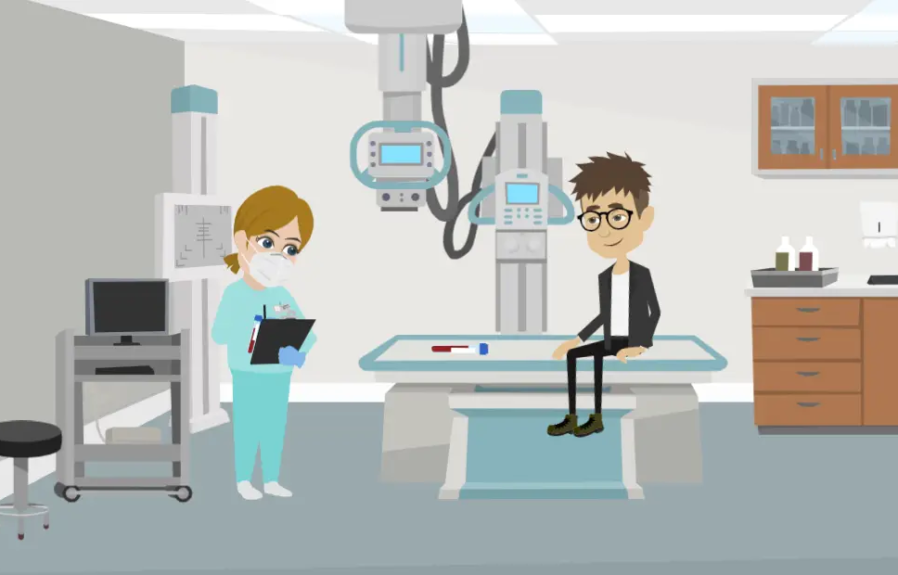You might not have known this, but you are in the minority if you have type O-negative blood. It is rare for a person to have this blood type, so many people do not know what it means to be a type O negative blood donor.
In this blog post, we will discuss some of the pros, and cons of having type 0 negative blood and how it can affect your health.
What Are The Pros And Cons Of Having Type O Negative Blood?
People with O-negative blood are often called universal donors because their blood is compatible with all other types of blood.
If someone needs an emergency transfusion in case of an accident, then anyone with this type will do; but keep in mind that there are some rare cases where being RhD positive could make it dangerous to receive a donation from another person’s platelets.
The most well-known “PRO” of having an O- blood is that it can be given to people with ALL the other blood types and this is why it’s so useful for emergency transfusions.
But as a “CON” of having 0- blood, you can’t receive blood from anyone who has a different type to yours. The types must be compatible, and if they’re not, then there’s nothing else that will work.
However, in reality, blood is usually not given that way in the “universal donor” manner. The medical staff will always look first for “type-specific” blood, meaning that whatever type of blood you have, that is the type you will get.
But the good news is, thanks to many generous donors, blood banks have the appropriate supplies of blood types for transfusions. The disparity in donated and needed blood is minimized by the quantity available from those who donate blood regularly.
So in the end, we want to encourage you just to donate blood, without worrying about its type. Every drop of your donated blood can be used to save somebody’s life.

